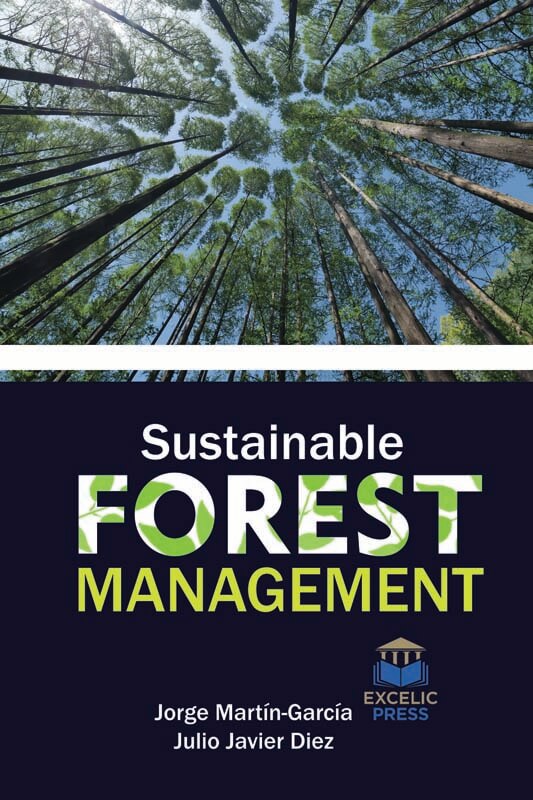Forests sustainability is a challenging task in a complex socio-economic context. Forests being an indispensable resource play an important role in maintaining the earth’s ecological balance. It is well known that forests provide both tangible and intangible benefits. They harbor a common fraction of all terrestrial animals and plant species and supply food, oxygen, shelter, recreation, and non-secular sustenance, likewise as over Five thousand commercially listed merchandise, starting from prescribed drugs to timber and consumer goods. These benefits may be classified according to ecological values, social values, and economic values. Although forests have traditionally been managed by society, it is expected that the current growth in the world population and the high economic growth of developing countries will lead to greater use of natural resources and forest resources in particular. Global forestry problems such as deforestation, degradation, and biodiversity loss have persisted for decades. More recently, new challenges have been identified, such as atmospheric carbon capture and storage in forests and the role they fulfill in global climate change mitigation efforts. Various public, private, and non-governmental efforts have been developed and implemented to address these problems, but their success has been modest to date. Large scale deforestation has a negative impact on the atmosphere resulting in global warming, flash floods, landslides, drought, etc. Due to these adverse effects, forest management department all over the country has taken steps for monitoring the forest to prevent deforestation. Several surveillance techniques have been employed for monitoring and prevention; they are broadly classified as Ground-based sensing techniques and Remote sensing techniques.
This monograph discusses the application of criteria and indicator approach for sustainable forest management, providing a picture of the current status at the global scale towards the attainment of sustainability of our forest resources. The book also focuses on the principles and key literature related to forest tenure and sustainable forest management, and then examined the status of sustainable forestry and land ownership at the aggregate national level for major forested countries. This book is an essential aid for forest managers to comprehend and implement new principles of forest management. The book will also serve as a critical source for policy-makers and society to endorse sustainable forestry.














Reviews
There are no reviews yet.